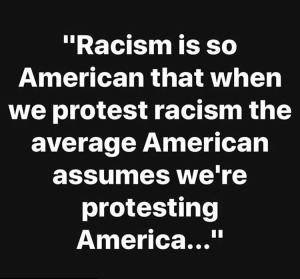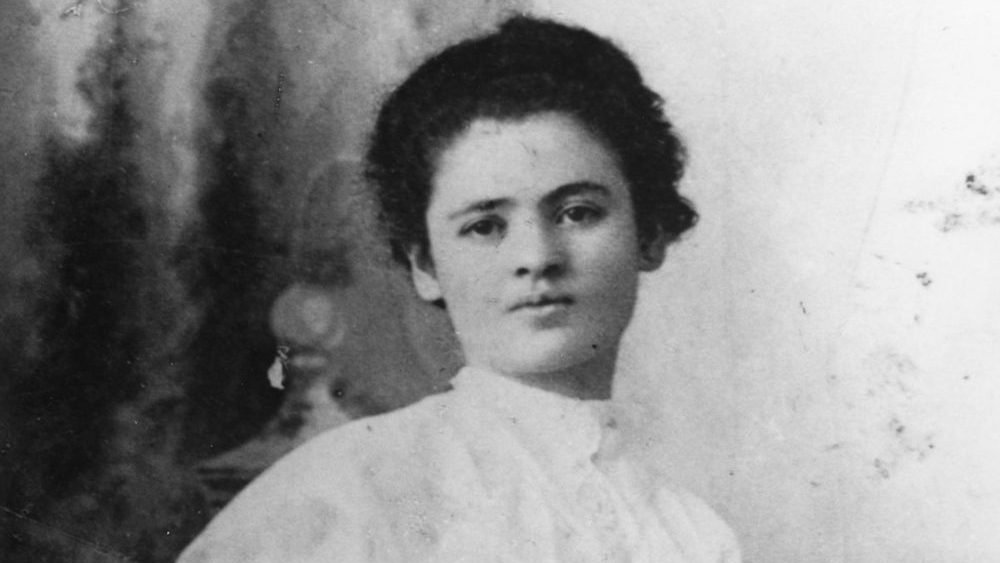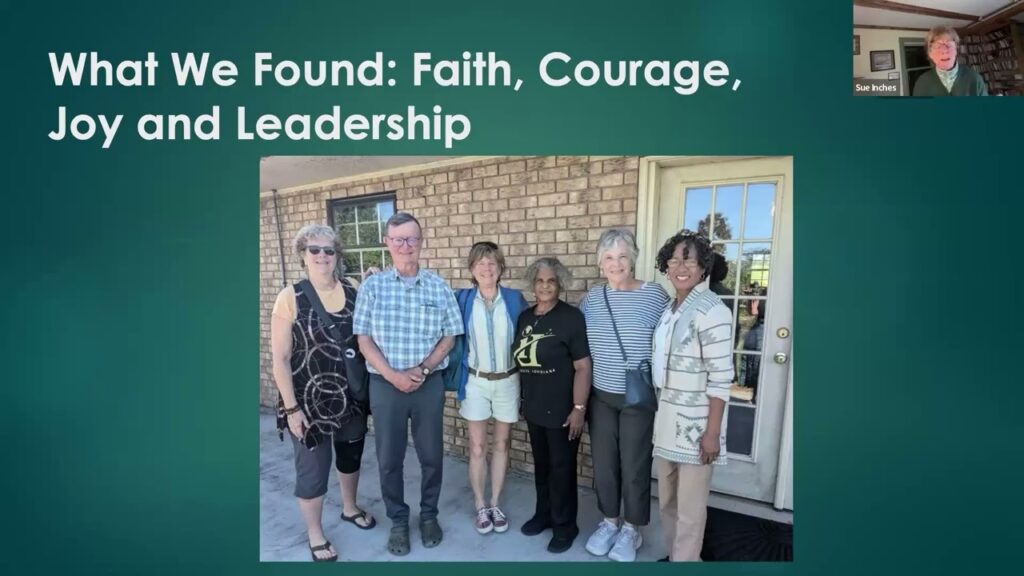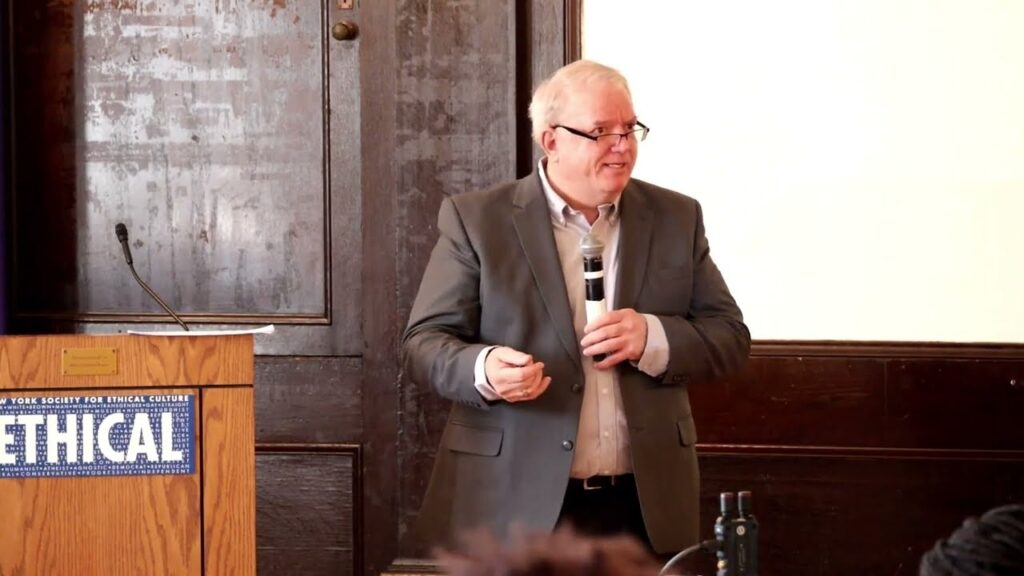
If you are like me, and engaged in social media, you may also have experienced some tension in your online relationships since the presidential election. Political differences have been exacerbated since November and, while I navigate in-person encounters fairly well (sometimes by agreeing to “check my politics – and religion – at the door”), I receive pushback on some articles and memes that I post on my personal Facebook (FB) timeline and sometimes “take the bait” by responding to what I perceive as objectionable content on my friends’ timelines. This was particularly true in the aftermath of this summer’s domestic terrorist attack in Charlottesville, Virginia.
When the KKK literally removed their masks, I metaphorically removed the gloves and called out the racism of Trump supporters. Yes, some of them were single-issue voters whose concerns had been abortion and gun control, about which we vigorously disagreed, but now the stakes had grown exponentially. The President of the United States took the side of white supremacists and neo-Nazis, and there was no middle ground to defend. Anyone who did not condemn his blatant racism was complicit, and I did not hold back.
An online friend whom I’ve known since childhood confronted me on what she called the hypocrisy of calling myself clergy and yet expressing such strong opinions. Although I rarely represent myself as clergy on my personal timeline (reserving that role for the society’s public FB page and the Parenting at Ethical and Weddings at Ethical pages that I host), she knows my profession and felt that I should remain neutral. This called to mind historian Howard Zinn’s famous quote, and the title of his biographical documentary, “You can’t be neutral on a moving train.” He also said, “I don’t believe it’s possible to be neutral. The world is already moving in certain directions. And to be neutral, to be passive in a situation like that is to collaborate with whatever is going on. And I, as a teacher, do not want to be a collaborator with whatever is happening in the world. I want myself, as a teacher, and I want you as students, to intercede with whatever is happening in the world.
I want myself, as clergy, and I want the members of our ethical community, to intercede with whatever is happening in the world. Ethical Culture’s commitment to social justice is what drew me to this religion, provided my children with opportunities for community service, and inspired me to become a professional leader. Founder Felix Adler’s passion for addressing the spiritual pain of a divided conscience by making our lives “all of a piece” continues to resonate with me so that mine is a vocation in its true sense of calling forth, calling out, and calling together. His charge to the first gathering of members in 1876 to “at all times respect every honest conviction” and to “be one with us where there is nothing to divide – in action” inspires us today to make ending white supremacy our rallying call.
We are facing unprecedented challenges to our democracy and civil society from an administration that is at best morally ambiguous and at worst promotes a false equivalency between those who advocate white supremacy and those seeing to eliminate it. Lives and livelihoods are put at risk by an uncaring and unstable president who, as we are learning daily, owes his election to Russia.
What are we to do? Take a stand! And we are not alone. Other congregations across the country are taking action, too. While there is appalling hypocrisy on the part of many evangelical Christian clergy and congregations, Jim Wallis of Sojourners calls upon a Christian tradition of commitment to racial and economic justice, encouraging people to require that their pastors preach on the sin of racism from their pulpits and to withhold tithes from churches that won’t speak out and take a stand. African-American clergy remind us of Dr. King’s 1963 “Letter from Birmingham Jail” in which he wrote that the “great stumbling block in the stride toward freedom is not the White Citizens Councilor or the Ku Klux Klanner but the white moderate who is more devoted to order than to justice.”
Every day I look for a moment of hope to post on my FB timeline. On Tuesday, September 12, it was legislation, introduced as a joint resolution, passed unanimously in the Senate and the House, and presented to President Trump for his signature that called for a forceful denunciation of his racist extremism. It states: “S.J.Res.49 – A joint resolution condemning the violence and domestic terrorist attack that took place during events between August 11 and August 12, 2017, in Charlottesville, Virginia, recognizing the first responders who lost their lives while monitoring the events, offering deepest condolences to the families and friends of those individuals who were killed and deepest sympathies and support to those individuals who were injured by the violence, expressing support for the Charlottesville community, rejecting White nationalists, White supremacists, the Ku Klux Klan, neo-Nazis, and other hate groups, and urging the President and the President’s Cabinet to use all available resources to address the threats posed by those groups.”
Rep. Gerald E. Connolly (D-VA) said, “I hope this bipartisan action will help heal the wounds left in the aftermath of this tragedy and send a clear message to those that seek to divide our country that there is no place for hate and violence.”
To which I can only add “Amen.”








